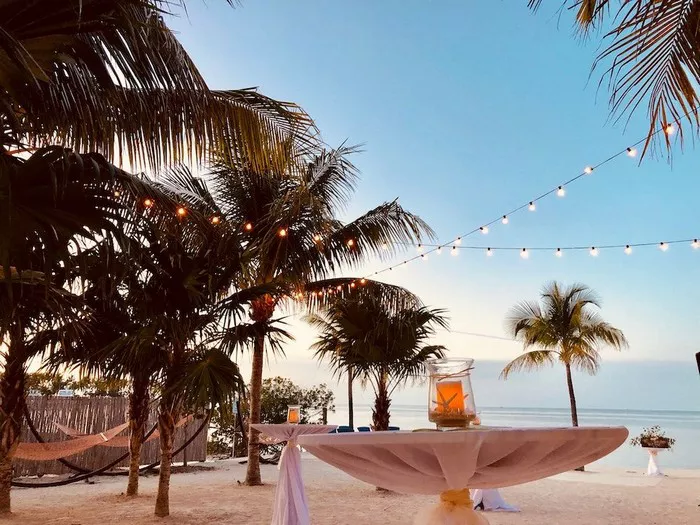A profound shift is occurring in how couples approach their wedding journey, with increasing emphasis on holistic wellbeing rather than just aesthetic perfection. The wedding wellness movement recognizes that preparing for marriage involves more than choosing centerpieces – it’s about entering this new life chapter with mindfulness, health, and emotional balance. This comprehensive approach is transforming traditional pre-wedding rituals and creating new industries at the intersection of matrimony and wellbeing.
Modern engagement periods now frequently include couple’s therapy or premarital counseling as standard practice. Where previous generations might have considered therapy a last resort for troubled relationships, today’s couples view it as proactive maintenance – like emotional tune-ups before a long journey. Specialized premarital counselors report record demand for sessions focusing on communication techniques, financial planning, and conflict resolution strategies. Some therapists even offer “wedding stress management” packages that help couples navigate family dynamics and planning pressures. The normalization of this practice reflects a healthier attitude toward marriage preparation, with many officiants now requiring counseling sessions before agreeing to perform ceremonies.
Physical wellness has become equally prioritized in wedding preparation, though with a markedly different approach than the crash diets of previous eras. Instead of extreme measures to achieve some arbitrary standard of beauty, couples are embracing sustainable health practices. Shared personal training, couples yoga sessions, and nutrition coaching focused on energy and vitality (rather than just weight loss) are becoming common engagement period activities. Some gyms now offer “wedding wellness programs” that emphasize stress reduction and endurance building for the big day alongside physical conditioning.
The wedding industry has responded with a proliferation of wellness-focused services and retreats. Destination bachelor/bachelorette parties now often include wellness components like sound healing sessions, forest bathing excursions, or group meditation alongside traditional celebrations. Spa resorts report increased bookings for pre-wedding “de-stress packages” that couples enjoy together in the days before their ceremony. Even wedding venues are adapting – many now offer dedicated quiet rooms for meditation or napping during reception downtime, recognizing that marathon celebration days require energy management.
Mindfulness practices are being woven directly into wedding ceremonies and receptions. Some couples begin their ceremony with a brief guided meditation for all guests, creating a collective calm before the emotional intensity of vows. Others incorporate gratitude exercises into their receptions, perhaps passing a microphone for guests to share wishes or providing journals at each table for written reflections. The “first look” moment has evolved in some cases to include breathing exercises or grounding techniques to help calm nerves.
This wellness focus extends to guest experience as well. Wedding websites now commonly include health-conscious details like allergen labeling for menus, hydration stations with infused waters, and even on-site massage therapists during lengthy receptions. Some couples provide wellness-focused welcome bags with items like sleep masks (for recovery after travel), natural stress relief remedies, and local hiking maps alongside traditional snacks and souvenirs.
The financial aspect of wedding wellness reveals interesting priorities. While couples might splurge on a pre-wedding wellness retreat or premium counseling sessions, they’re simultaneously rejecting other traditional expenses seen as stressful or unnecessary. Many report feeling empowered to skip elements that don’t serve their wellbeing, whether that means opting for a smaller guest list to reduce social anxiety or choosing a simple cake to avoid dessert decision fatigue.
As the wedding wellness movement grows, it’s creating ripple effects across related industries. Nutritionists specializing in pre-wedding meal plans, mindfulness coaches who help with ceremony jitters, and even “wedding therapists” who mediate family conflicts during planning are all seeing increased demand. This trend reflects a broader cultural shift toward valuing internal fulfillment over external appearances – the recognition that the healthiest beginning makes for the strongest marriage. Couples embracing this approach often report that their wedding becomes not just a beautiful event, but a transformative experience that positively impacts their relationship long after the last guest departs.

